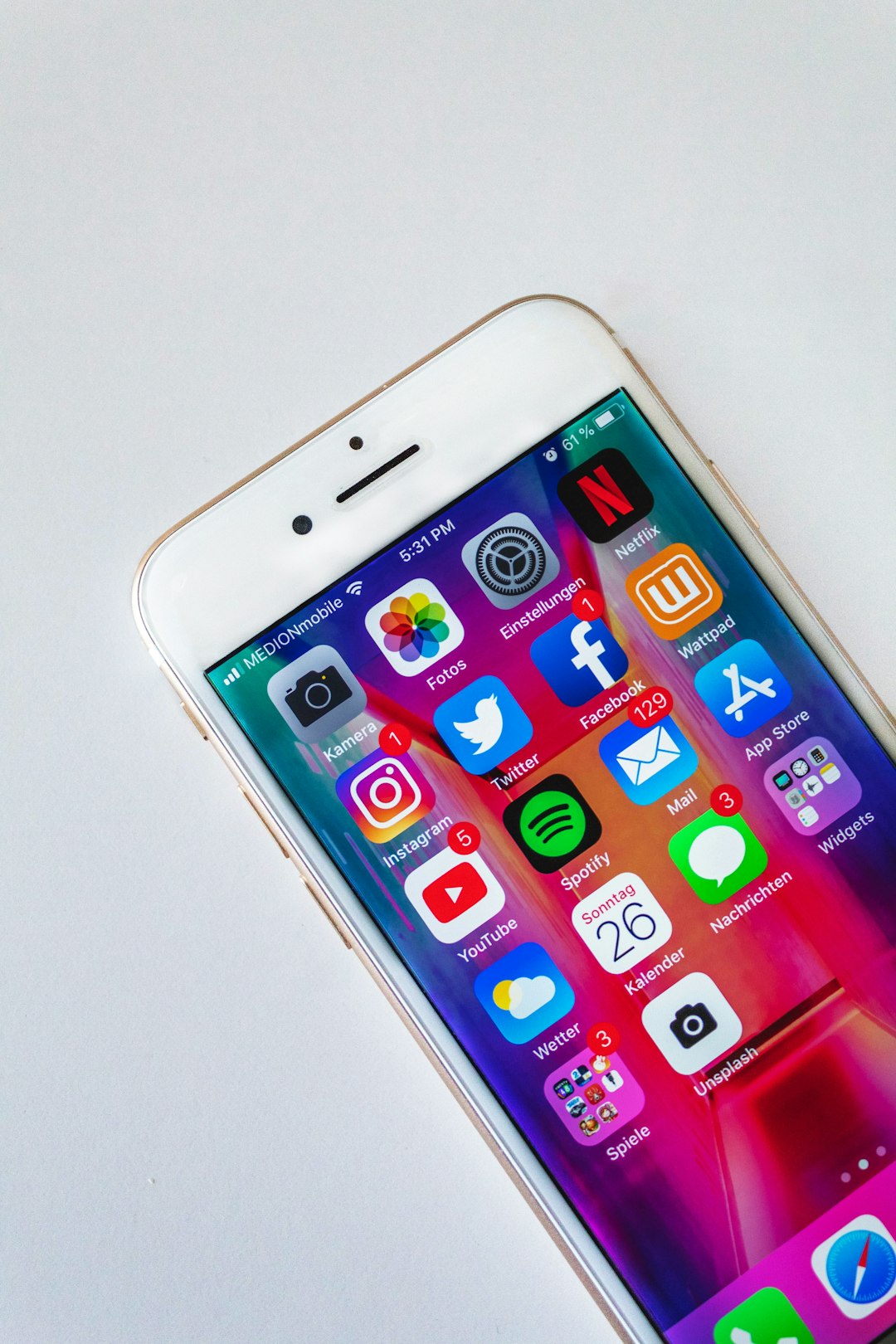All Nonfiction
- Bullying
- Books
- Academic
- Author Interviews
- Celebrity interviews
- College Articles
- College Essays
- Educator of the Year
- Heroes
- Interviews
- Memoir
- Personal Experience
- Sports
- Travel & Culture
All Opinions
- Bullying
- Current Events / Politics
- Discrimination
- Drugs / Alcohol / Smoking
- Entertainment / Celebrities
- Environment
- Love / Relationships
- Movies / Music / TV
- Pop Culture / Trends
- School / College
- Social Issues / Civics
- Spirituality / Religion
- Sports / Hobbies
All Hot Topics
- Bullying
- Community Service
- Environment
- Health
- Letters to the Editor
- Pride & Prejudice
- What Matters
- Back
Summer Guide
- Program Links
- Program Reviews
- Back
College Guide
- College Links
- College Reviews
- College Essays
- College Articles
- Back
The Role of Social Media in Teenagers’ Lives
What impact does social media have on teens? Why this generation is even more obsessed with fame? Why is social media making us unsocial? What is the impact of this access on the mental health of teenagers? These are the main topics of this essay.
Children and teenagers who were born in the age of social media are still becoming adults, and many parents wonder what the impact of this social media access is or will be on the mental health of children and adolescents. Technology has evolved to a point where everyone has a technological tool that serves as a communication device nowadays. These devices on the hands of pre-teens and teens are mostly used to access social media.
The largest study published about this topic, a study of the Royal Society of Public Health in England, interviewed more than 150 thousand young people between 14 and 24 years old. The study evaluated the impact of various online platforms, such as YouTube, Facebook, Instagram and Twitter on the mental health and well-being of the studied population, leading in some cases to anxiety and depression. Another topic assessed by the study was self-image and body image, what they saw in this study was not good. The first update was that YouTube had a positive impact on the mental health of the depression anxiety indexes on young people's self-image, but the other media had a negative impact. Youtube has increasingly been evaluated by communications scholars, and was designed to nurture knowledge-sharing among peers and build communities of creativity and communication.
Instagram, followed closely by Snapchat, were the two social media platforms with the worst impact on teenager’s mental health. Young people and teenagers start to have problems with their self-image and body image, mostly because they begin comparing themselves to photos of others that might look “perfect”; this comparison leads to a negative perception of their body. These platforms are filled with extremely modified photos with many filters, with many effects, that give the impression that there is a beauty parameter of a reality that is unachievable; this will generate a feeling of anxiety, depression and a chronic dissatisfaction of these young people with their bodies and image.
The fact that these teenagers are comparing themselves with “unreal perfect images” is a very serious and worrying situation since the internet, nowadays, is their main form of communication. Furthermore, social media provides several other factors that may provoke depression, for example cyberbullying. Cyberbullying occurs when someone uses social media or other internet platforms to hurt or upset someone, both physically and/or psychologically by saying hurtful things. Cyberbullying is an extremely complicated situation; after all, it can feel harder to escape, because it can happen anytime, anywhere. In addition, it is easier for cyberbullies to hide who they are with the use of fake names, incognito modes and others. Moreover, other people can see what is happening and even gang up on someone.
Very common daily actions such as having dinner with your family, or hanging out with your friends, are being very affected by the impact of the use of social media. During dinner, children put their headphones on and start watching Netflix or YouTube completely ignoring their parents and their surroundings. Teenagers go out to restaurants with friends, turn on their phones and can only concentrate their eyes on the screen of their devices and isolate themselves from the person that is right by his/her side, sometimes they even communicate via text messages instead of talking.
A study that shows the number of hours that teenagers spend using these social networks is also associated with mental health. They found out that teenagers who spend more than two hours accessing these social networks are associated with a progressive increase in the symptoms of anxiety, depression and self-image disorders.
Finally, social media are, and will continue to be, a virtual world where danger and harm will always be caused unless we do something about it. This addiction in checking social media has to end. All of this hate and disrespect has to end. All of this unnecessary self-isolation has to end. Parents should do something about it, for example, to prevent this addiction, they should use apps to set an amount of time for children to have access on social medias, or simply be more present, and talk to them. For the sake of future generations, and our own.
Similar Articles
JOIN THE DISCUSSION
This article has 0 comments.


Lara M.'s writing is the result of a passionate love for people and the world. Her writing offers sometimes unexpected connections and perspectives inspired by the most serious society issues. She lives in Brazil, and her goal is that with her writing, she can help people to learn something from it and change for the better.